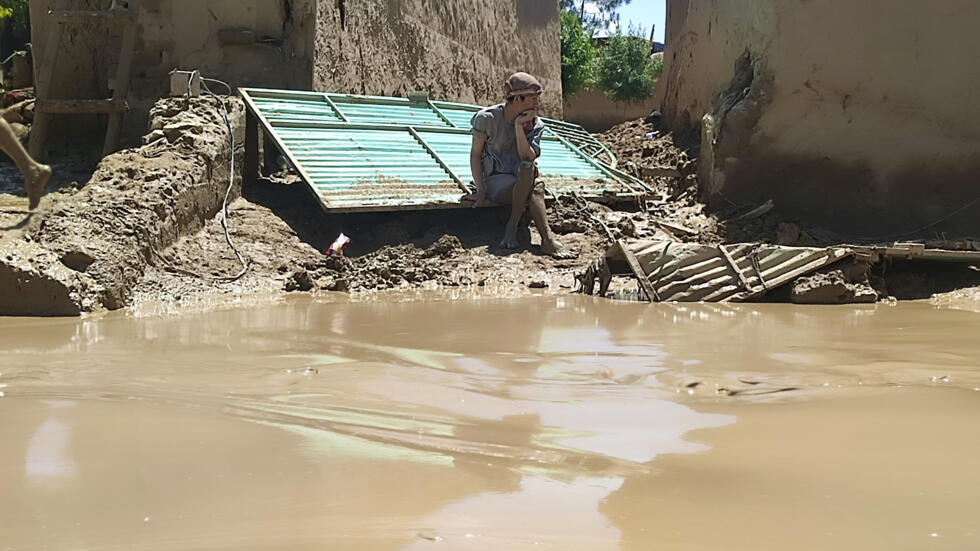The province of Baghlan received the heaviest rains, and reports of some three thousand houses destroyed, flooded farmlands, devastated livestock, and closed schools.
The Takhar and Badakhshan provinces were also affected, with initial reports of at least 300 homes damaged.
Aid was deployed quickly, according to Tajudeen Oyewale, UNICEF representative in Afghanistan, who confirmed the arrival of a mobile health and nutrition team supported by the organization. He also explained that the severe rains and subsequent flooding have disrupted lives and posed a significant risk to children.
“As families face losses, maintaining access to clean water, health and protection services is paramount. As always, UNICEF stands with the children and people of Afghanistan during this difficult time,” Oyewale added.
Looking at the matter, the World Food Program warned that “Extreme weather highlights the need for resilient efforts”.
The UN considers Afghanistan to be one of the ten countries most vulnerable to climate change, with an increase in extreme weather conditions, particularly floods, droughts, and sand and dust storms, leading to loss of life and livelihoods along with significant damage to infrastructure, which further aggravates the difficult living conditions of its population.
jrr/llp/mv/ebr










